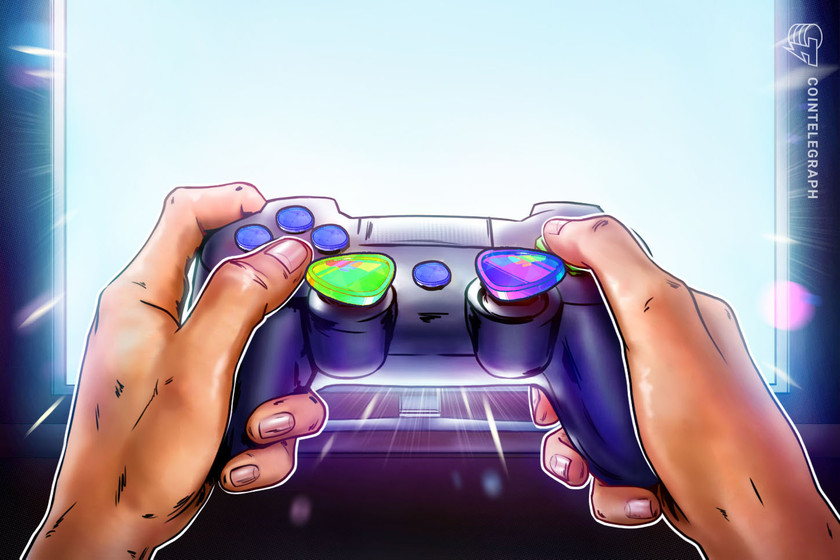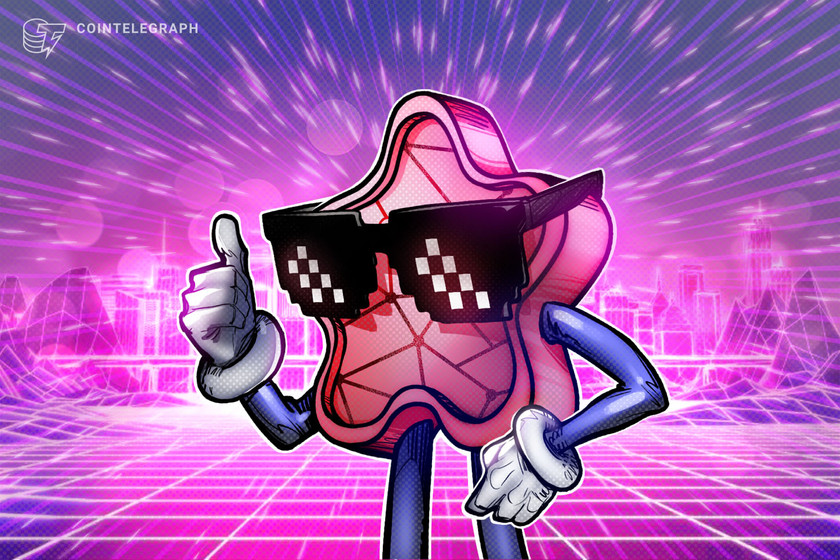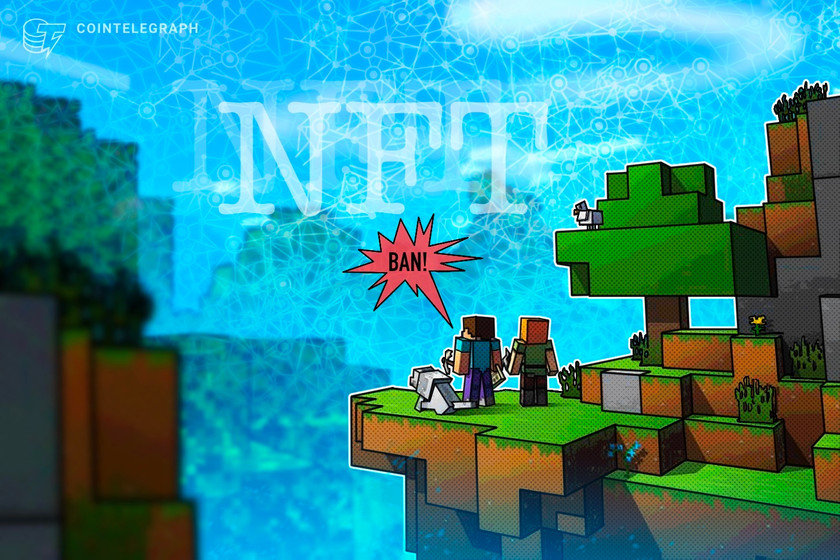Worldcoin integrates with Shopify, Mercado Libre, Minecraft, Reddit and Telegram


Worldcoin released a new version of its World ID feature with multiple app integrations.
Worldcoin has launched a new version of its World ID feature, called “World ID 2.0″.
According to a Dec. 12 announcement, the new version is integrated with Shopify, Mercado Libre, Reddit and Telegram, allowing users to prove their humanness on these platforms.
The announcement stated that the new app integrations add to existing ones, including Discord, Talent Protocol, and Okta’s Auth0. The new version also allows app developers to choose between different levels of authentication, ranging from “lite” to “max.”







